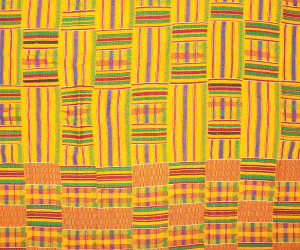TRAUMA

The Transformational Agenda Magazine 26th Edition
is qualitatively different from other negative life stressors as it fundamentally shifts perceptions of reality.
Gregory Phillips
Australian Trauma Researcher
DEFINES THREE TYPES OF TRAUMA
“Situational Trauma – trauma that occurs as a result of a specific or discrete event, for example from a car accident, murder or being taken away.
“Cumulative Trauma – it is subtle, and the feelings build over time, for example racism.
“Inter-Generational Trauma – if trauma is not dealt with adequately in one generation, it often gets passed down unwittingly in our behaviors and in our thought system.”
Judy Atkinson
Australian Professor
SPEAKS TO THE NEGATIVE CULTURAL IMPACT OF UNRESOLVED CULTURAL INTERGENERATIONAL TRAUMA
“…trauma becomes expressed as anger, violence and criminal behavior, where “rage turns inwards, but cascades down the generations, growing more complex over time”. Anger, hopelessness, worthlessness and lack of genuine opportunities and disconnection run like a common thread…”
Professor Helen Milroy
An Indigenous Australian psychiatrist specializing in child psychiatry
DESCRIBES HOW TRAUMA FLOWS
“The trans generational effects of trauma occur via a variety of mechanisms including the impact of attachment relationship with care givers; the impact on parenting and family functioning; the association with parental physical and mental illness; disconnection and alienation from the extended family, culture and society. These effects are exacerbated by exposure to continuing high levels of stress and traumatization where children witness the on-going effects of the original trauma which a parent or care giver has experienced.”
Gregory Phillips
Australian Trauma Researcher
SPEAKS TO CULTURAL HEALING
“Healing is a spiritual process that includes [truly understanding the root cause of the trauma], therapeutic change, and cultural renewal. It can’t just be one, it must be all of those things. “
What is striking … is how healing is different from health services, housing, aged care, or family support [which is equivalent to America’s Section 8 vouchers, TANIF, Medicaid, Food Stamps, job training, anger management, etc.]. These are crucial services that can help establish the foundation for healing to take place and support people during the healing process, but they are not healing in and of themselves.
Similarly, unless healing services reach the crux of therapeutic change and cultural renewal, they will not achieve their aims.
reconciliation
“Healing is part of reconciliation. It is not about attributing blame or a ‘black arm band’ view of history but honestly facing up to the mistakes of the past and acknowledging our shared history and shared culture.”



You must be logged in to post a comment Login